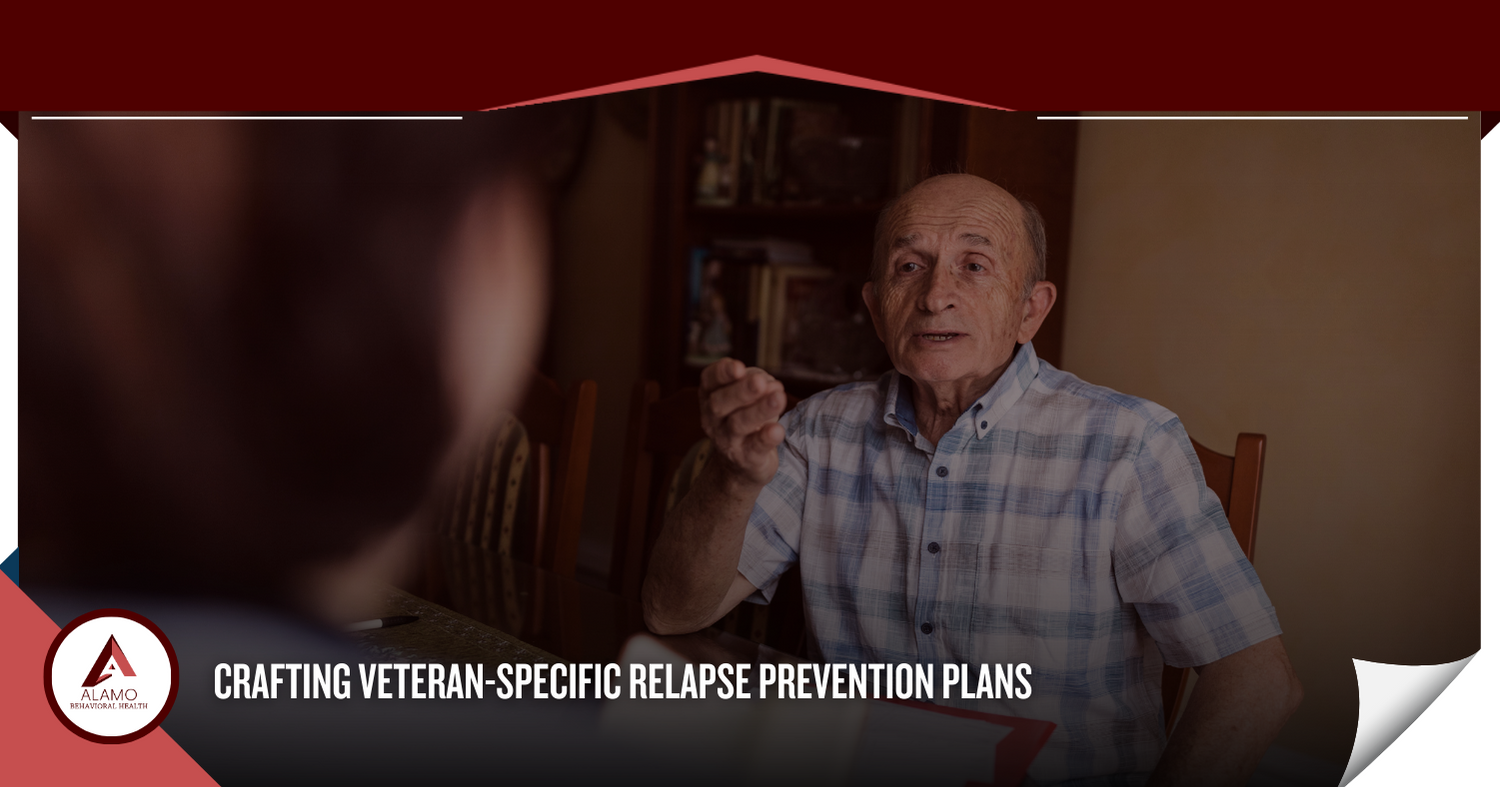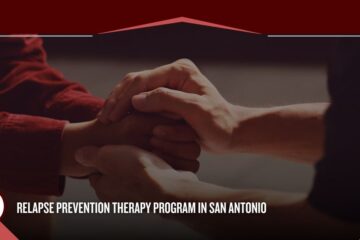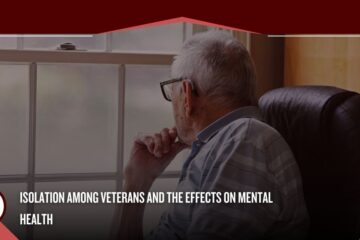
For veterans living with addiction, recovery is a lifelong journey. Participating in a substance abuse treatment program is the first step. Meaningful, lifelong addiction recovery requires consistency, commitment, and structure.
It’s crucial for anyone living with addiction to follow a relapse prevention plan after rehab. However, veterans have unique challenges and strengths that can impact their relapse prevention strategies.
In this article, we will explore relapse prevention tools veterans can use as part of an effective recovery plan. You’ll also learn where to find addiction and mental health support when you need it.
Contact the Alamo Behavioral Health specialists to learn more about creating a relapse prevention plan for veterans. You may also ask questions or schedule an intake evaluation.
Veterans and Addiction: Understanding the Connection
It can be challenging to determine the exact rates of addiction among veterans. Many people living with a substance use disorder (SUD) never seek treatment. However, some research suggests about 11% of veterans who receive treatment at the VA live with substance abuse or addiction.
Male veterans have higher rates of drug and alcohol use. About 10.5% of male veterans have alcohol use disorder (AUD), while about 4.8% live with drug abuse and addiction. About 4.8% of female veterans have AUD, and 2.4% live with a SUD diagnosis.
Veterans often face significant stressors and challenges related to their military service. They may live with symptoms of post-traumatic stress disorder (PTSD) or have lingering pain from injuries. Some veterans may use drugs and alcohol to cope with physical and emotional pain.
Relapse Prevention for Veterans: Making a Plan
To make the most effective relapse prevention plan, it’s important to explore the roots of a person’s substance abuse. Once you understand why someone uses drugs or alcohol, you can create a more effective relapse prevention plan.
Many veterans struggle with disruptive symptoms of PTSD and physical pain. Many mental health and addiction experts believe that these factors may contribute to veterans’ substance abuse.
Here are some strategies veterans can use to manage physical and emotional pain without relapsing.
Cope with PTSD
Post-traumatic stress disorder can cause veterans a lot of stress and emotional pain. The symptoms of PTSD may significantly disrupt their lives. Some veterans may rely on drugs or alcohol to dull the pain of lingering trauma and its symptoms.
It’s important to use healthy coping skills to identify and address PTSD. These include:
- Staying physically active. Swim, walk, run, or stretch regularly.
- Connect with nature by spending time outdoors. Eat outdoors, take a walk, or simply sit outside for some time each day.
- Practice mindfulness. Follow guided mindfulness exercises, meditate independently, practice yoga, and do breathing exercises to reduce stress and tension.
- Spend time doing things you enjoy. Take up a new hobby or revive an old one. Take a class, learn a new skill, or volunteer for a cause you care about.
- Talk to supportive friends or family members. Go to therapy or find a local support group.
Focus on reducing stress and grounding yourself in the present moment as much as possible. This can take practice, but it can help you stay on track with your new, healthy lifestyle.
Build resilience
Veterans face significant stressors and challenges during and after their time in service. Veterans with addiction need to build resilience to stress. This can reduce their risk of relapse.
Building resilience does not mean simply pretending like things are “OK.” It means being proactive about reducing stress and maintaining sobriety. Some helpful strategies include:
- Attending 12-step meetings
- Scheduling time to relax each day
- Identifying potential triggers and avoiding them as much as possible
- Practicing meaningful self-care, like eating regularly, prioritizing rest and sleep, and getting exercise each day
Increasing resilience can help veterans stay focused on sobriety, even when challenges arise.
Manage pain
Many veterans live with long-term pain from injuries or medical conditions related to their military service. As a result, some veterans struggle with opioid addiction or other forms of substance abuse.
Veterans must use other strategies to manage pain without relying on addictive substances. Some helpful strategies include:
- Getting regular massages
- Practicing mindfulness
- Participating in physical or occupational therapy
- Engaging in regular exercise
- Practicing yoga or Tai Chi
- Hot and cold therapy
Pain can be a significant trigger for relapse for many veterans. However, using a holistic approach to pain management can help. Incorporating holistic pain management techniques can help veterans avoid relying on addictive drugs or alcohol to cope.
Veterans have unique challenges during and after military service. These challenges can increase their risk of developing substance abuse and make treatment more complicated.
Find Relapse Prevention Support for Veterans Now
Lasting recovery requires specialized treatment and comprehensive relapse prevention plans.
If you or a veteran you love need treatment for substance abuse or co-occurring mental health conditions, you are not alone. Effective treatment is available at Alamo Behavioral Health.




